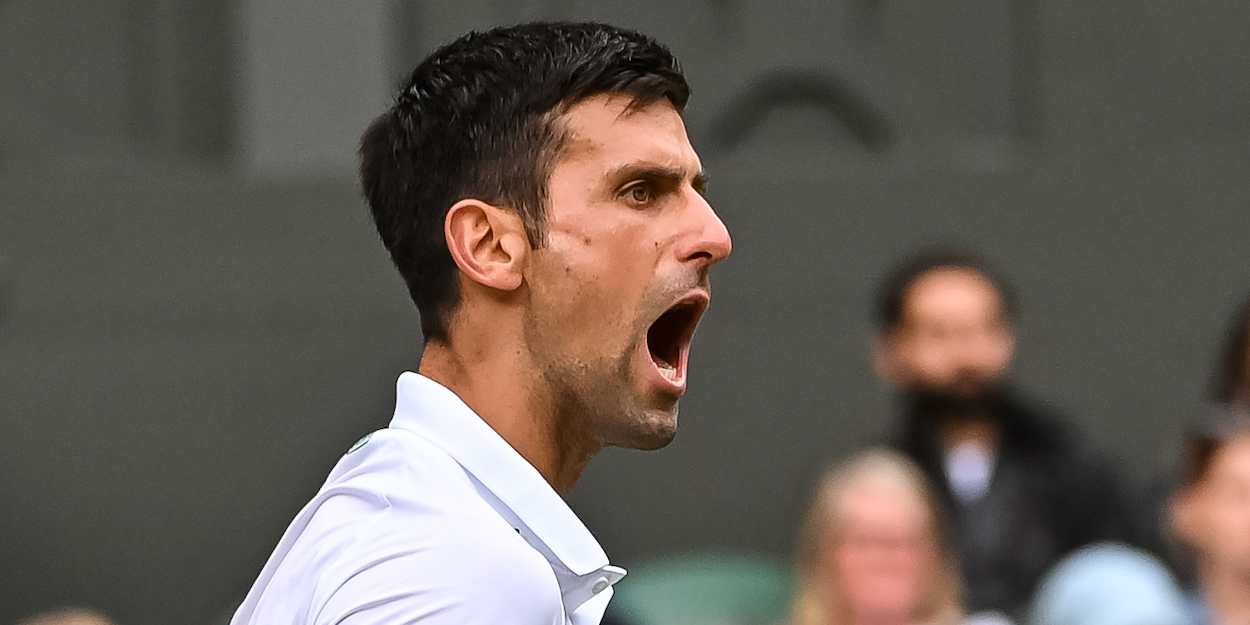
Building an Athletes Mind
“What I have found over the years is that people link belief with confidence and it is really important to separate the two,” says coach and author David Sammel. “If you look at top performers if they are performing badly they can go for two months without winning anything, and then suddenly they bounce back and do something amazing again. Often that is because they have not linked belief and confidence.
“In other words, they know they belong at a certain level. Their belief is like a solid wall, a foundation that is solid. Confidence is like sand that blows in and out on top of this wall of belief. When they lose confidence it is the equivalent of the sand being blown away, but they know as soon as they get confident again and the sand is back, they will do well again.”
In his book Locker Room Power, Dave offers tools to uncouple the two. At the core of this is, he says “Set goals from the heart. Generally what I have found is there are natural targets and the thing about these natural targets is that they may seem like the right targets but the person may not really believe that they can attain that target.”
“If someone is 220 in the world, the natural target is 200, but they might have come from 300 and in their heart of hearts, all they want to do for the moment is maintain 220. It’s very hard to go out into the world and say I want to consolidate at 220. Progress is not linear both in game and mind. I encourage people to set goals from the heart, goals that they absolutely know they can achieve.
“If you set a goal that you cannot achieve that does not grow trust in your work and if you want to build that trust and belief in yourself then you need a set of targets that you definitely will achieve. It’s amazing when people set targets from the heart; they invariably achieve them because they are committed. Confidence grows with the success.”

Samantha Murray British player
Dave says:
“Sam has been injured for over eighteen months. She has had wrist surgery and it’s been a really long road back. I have talked to her about knowing the level at which she belongs. Initially coming back we have set smaller targets she really believes she can achieve over the next three months.
As a player you can’t come back from injury having been ranked 165 in the world and play $10k events if in the first couple you lose second round and start thinking, ‘I can’t even beat these people’.
So I asked Sam, “what would you like to achieve in the first three tournaments? “ and she said ‘a ranking’. So three second rounds would have done just fine. As it happens she went quarter-final, finals, semis but some of that is attributable to the fact that she was not putting ridiculous pressure on herself to perform immediately at the level she knows she can perform.
Now she has achieved that we can set the next target. At some point we will look at using her protected ranking (258) but not until she is totally comfortable and knows in her heart that she is ready to play Challenger events.”
David Sammel’s book Locker Room Power: Building an Athlete’s Mind recently became the best selling tennis psychology book on Amazon. David has worked with players at all levels and regularly speaks on the subject of how to build a winning aura in sport as well as in business. He can be contacted at [email protected].
- Join the tennishead CLUB and receive £250/$350 of FREE GEAR including ASICS Gel-Resolution 8 trainers, shorts, shirt & socks
- Keep up to date with the breaking news & tennis action at our tennis news section
- Win amazing prizes by entering our competitions
- Learn more about your favourite players including Roger Federer, Rafa Nadal and Novak Djokovic
- Check out the latest tennis equipment with our tennis gear reviews
- Receive regular updates in our legendary free newsletter
- Read in depth features with stunning photography in tennishead magazine
- Can’t visit the tournaments you love? Check out our guide on how to watch tennis on TV
- Don’t miss a thing with our Live Scores service
- Follow tennishead on social media at Facebook, Twitter, Instagram & YouTube
- EXCLUSIVE 5% DISCOUNT for all tennishead readers on tennis rackets, balls, clothing, shoes & accessories with All Things Tennis, our dedicated tennis gear partner


